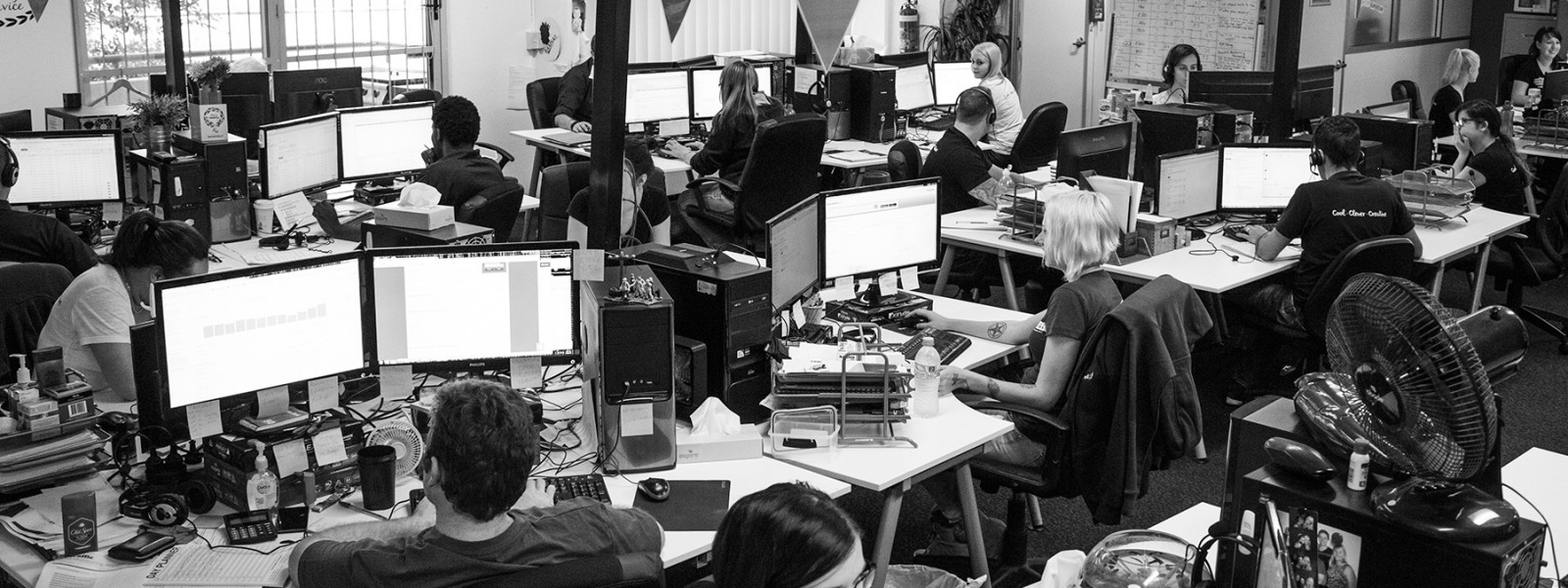-
Traffic
Get More Traffic
SponsoredLinX offers a number of different services to help drive more qualified traffic to your website. Google Ads Management Search Engine Optimisation Social Engage Marketing App Marketing Facebook Advertising Google Ads Mobile“SponsoredLinX are a rarity in today’s market place, they promise a lot but deliver more. Our business has grown by over 400% in one month; we are amazed at the difference they have made.”
-
Conversion
Convert More Leads
Our second step is making sure that your website is able to convert the traffic you receive into leads for your business. Optimising your website to convert more leads is important to a profitable campaign. Web Development Convertopages“I just want to say thank you! The changes that you have applied in our AdWords campaign have definitely seen an improvement on click quality and sales for HippityHop.”
-
Retention
Retain Your Customers
As you build up a customer base you need to make sure to keep engaged and retain your relationship. Facebook Management LinX App“SponsoredLinX fully redesigned our main company website with a fresh, clean and professional look. The ‘Google friendly’ web design were part of the fantastic ongoing service we received.”
What is the link between Social Signals & SEO?
 Over the past few years there have been a lot of speculation on whether social signals from sites like Facebook and Twitter and even Google Plus factor into Google’s search algorithm. Do things like the number of Facebook “Likes” , Twitter “retweets” and Google +1s have a direct impact on how you are ranked on Google Search?
Over the past few years there have been a lot of speculation on whether social signals from sites like Facebook and Twitter and even Google Plus factor into Google’s search algorithm. Do things like the number of Facebook “Likes” , Twitter “retweets” and Google +1s have a direct impact on how you are ranked on Google Search?The short answer to this is “No”. Social signals are not taken into account by Google’s search algorithm. Google’s crawlers go through sites a finite number of times and treat social media sites like any other website on the internet, there are no exceptions. The issue with social media is that pages on these sites and their relationship to other pages within them are constantly being modified daily, hourly or even every few minutes so by the time Google crawls the same page again so much will have changed from when it was last crawled.
So why is social media so important to SEO if your authority, influence and presence on these sites have no direct impact and what factors are taken into consideration by the algorithm?
A successful SEO strategy will employ the use of content and/or technical SEO tactics such as link-building in order to increase online visibility and increase the reach of the targeted audience. The purpose of any strategy would be to build a sustainable online eco-system in order to either drive sales/income or strengthen/develop branding.
Here are some major factors that will contribute to your rankings:
1. Citations: A citation or “local citation” is a mention of your brand or business with or without a link associated. This can include just your name (business/brand name) and contact details as you would expect to see in something like an online directory or mandatory field on a social media business page (eg Facebook Business Page).
2. Sharing and virality: Social media is all about interaction and relies heavily on sharing – distributing potentially engaging content to other users. The more interesting the content is the more chance of it becoming viral (i.e. users sending links to the same content to other users without paying for the content to be distributed). Virality is the extent to which an image , text, video , or any other form of online content is distributed rapidly and widely from one online user to another.
3. Page relevance: Every social media page is treated by Google Search as being a webpage just like an individual page on your website. The more relevant the page to a specific subject area, the higher the likelihood of it appearing in search.
4. Reviews & Comments: Reviews are ratings from other users on your social media page where the user ranks and comments about your business, brand or product. This not only counts towards your ranking but does wonders for your brand. It is important to remember that these have to be natural and Google is working hard to make users more accountable for the their reviews in order for there to be more transparency.
5. Direct & Indirect Links: A link can be defined as being “an address” or “path” to a specific page or content on the internet. Just as with SEO, links are an “online currency” that will weigh heavily on your rankings and are included in the search algorithm. Links to your social media page from another page or even website will all have an impact on how you show up in rankings.
6. Optimisation for Social Media: Optimisation of your website for social media entails making sure that users can easily see the relationship between your website and your various social media pages.
All search engine platforms are built with the primary objective of returning the most relevant results depending on the query entered into the engine and as social media is driven by media rich content, the content on these pages tends to be extremely relevant.

